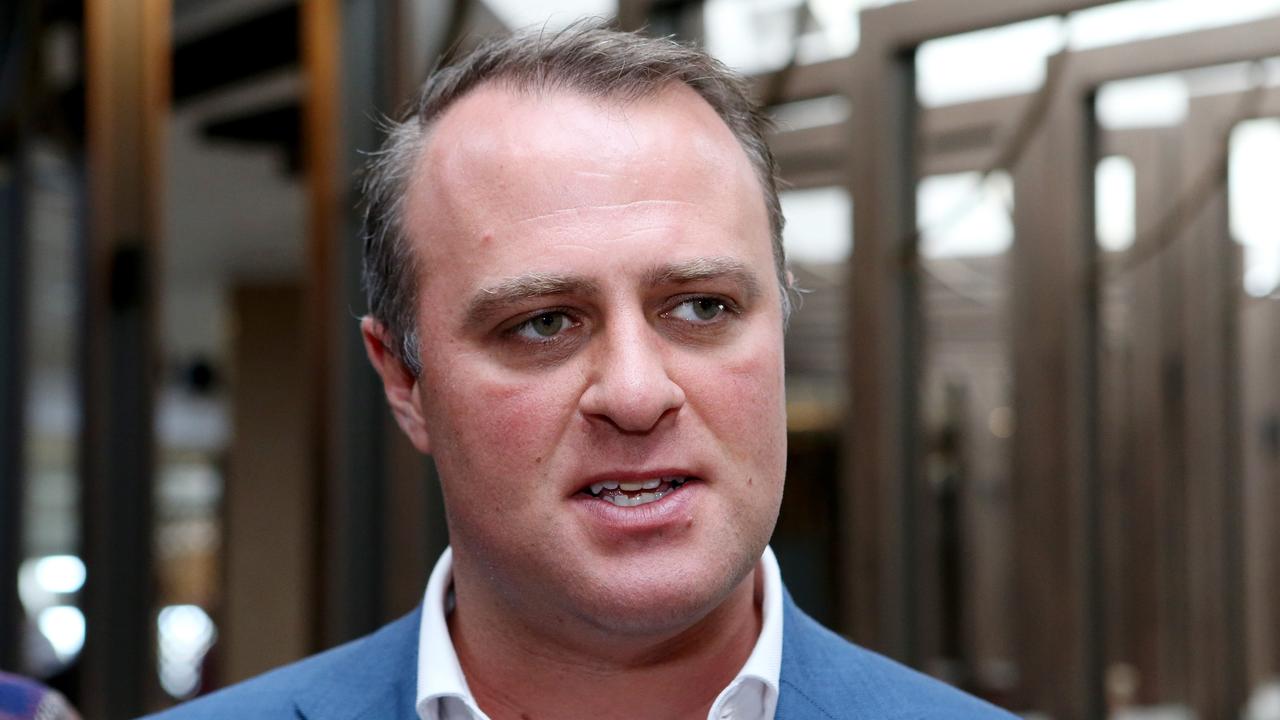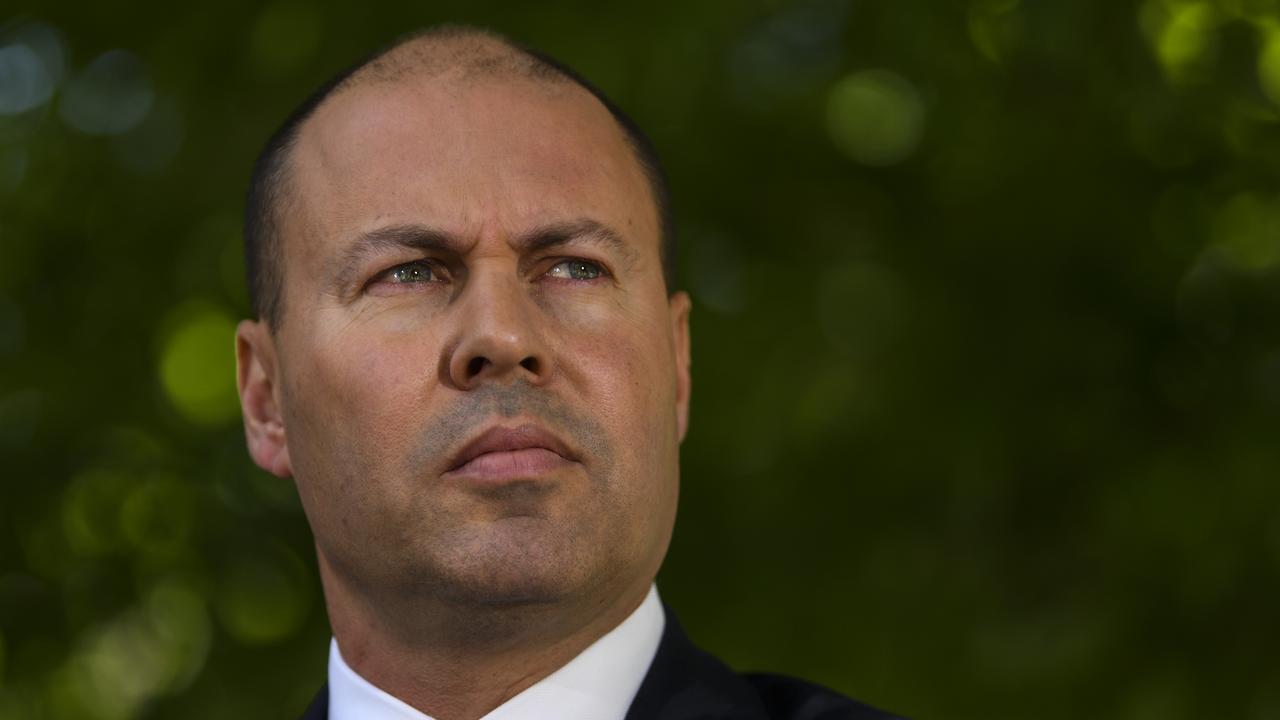Low-income earners the major losers in Labor’s tax plan, says Peter Costello
Former treasurer Peter Costello has slammed Labor’s plan to shut off refunds for hundreds of thousands of taxpayers,

Former treasurer Peter Costello has slammed Labor’s plan to shut off nearly $60 billion in corporate tax refunds for hundreds of thousands of taxpayers, arguing it hits low-income earners and risks up-ending two decades of bipartisan tax policy.
Speaking after Bill Shorten unveiled Labor’s latest plan to increase tax by almost $6bn a year — ending full cash corporate tax refunds for taxpayers with no or low tax liability — Mr Costello strongly objected to the claim such a change would affect only the rich.
“This does not affect high-income earners: they still get the 30 per cent credit. It will only affect low-income earners who will lose it,” Mr Costello said, pointing out that anyone with a low taxable income would be hurt by the change.
“If Mr Shorten’s proposal goes through, their tax refund will be taken by the government. This will affect millions of retirees, age pensioners and part pensioners. This is a tax rise for them.”
As treasurer in the Howard government, Mr Costello in 2000 allowed taxpayers to receive a cash refund if the value of franking credits from dividends received (which reflect company tax already paid) exceeded their tax liability. “This was a recommendation of the Ralph review of business tax in 1999. It was given bipartisan support. Labor voted for it. In fact, Labor claimed it would help low-income earners,” Mr Costello said.
Former Labor minister and then shadow treasurer Simon Crean said in parliament in 2000 that Labor had “no difficulty” supporting the change, saying it “improved the taxation situation faced by low-income investors, especially retired Australians”.
Robert Carling, a tax expert at the Centre for Independent Studies, said the burden of ending cash refunds would extend far beyond retirees with self-managed superannuation funds.
“It is clear that anyone with a marginal rate below 30 per cent (including Medicare levy) and who has any franked-dividend income would be disadvantaged by the change,” he said.
Almost a million taxpayers in the lowest two tax brackets (with taxable incomes up to $37,000, and therefore an average tax rate far below 30 per cent) received over $1.3 billion in franking credits in the 2015 financial year, analysis of Australian Taxation Office statistics shows.
“There would be a lot of retired people, below the tax-free threshold, holding a few CBA shares or Telstra shares who would suddenly lose 30 per cent of their dividend,” Mr Costello said, suggesting Labor’s policy would ultimately prove unpopular.
“Shares like CBA and Telstra will become a lot less attractive to retirees and super funds,” he said. Credit Suisse analysis shows 18 per cent of Telstra and 14 per cent of National Australia Bank are owned by SMSFs.
Others liked the policy. KPMG tax expert Grant Wardell-Johnson said Labor’s policy was “moving in the right direction”.
“Australia is the only country with a full refundable imputation system. History is moving away from imputation and Germany, France, Italy, Singapore and Malaysia already have,” he said.
Economist Saul Eslake said imputation “was never designed to generate cash refunds”.
“And the ability to get refunds is particularly valuable for people who are getting tax-free income flows out of their super, so this proposal is also partly an antidote to the dumb 2006 decision to exempt that income totally,” he said. “I have always been in favour of broadening the base and lowering rates.”
Mr Carling said Labor’s argument that ending refundabiltiy wasn’t a “tax increase” was disingenuous.
“It will lead to more tax revenue, and in my books that is a tax increase for someone. There won’t be nearly as much extra revenue as they think,” he said. Labor has pencilled in $5.6bn a year in extra revenue.




To join the conversation, please log in. Don't have an account? Register
Join the conversation, you are commenting as Logout